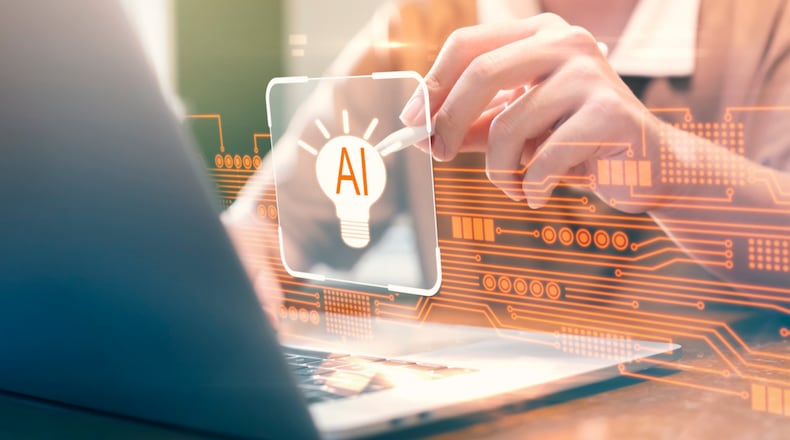One of the major advantages of AI to both students and higher education professionals is the ability to simulate real world, on-the-job scenarios that enhance the hands-on learning experience. There are courses designed to teach emerging technologies and there are courses that require students to learn to use AI for documentation.
An additional benefit is the ability to personalize learning in an attempt to better meet each student’s individualized academic needs. One of the most significant advantages that AI provides is an added layer of accessibility to students with disabilities. There are many software programs that offer “text reading” to visually impaired students and some instructors use “speech to text” in preparing their lectures.
The most obvious disadvantage to AI in higher education its effect on academic integrity such as plagiarism and the lack of skill development that may occur. Academic integrity is a moral code or ethical policy of academia and is defined as the use of information, thoughts and ideas which we build our original thoughts.
Students using AI may make this a bit more challenging for educators. There are software programs such as “turn it in” to assist educators in identifying papers written by AI.
The privacy of the personal data of those students or professionals who are rightfully utilizing AI to enhance their educational or work experience can also be a source of concern. The accuracy of the information provided by AI can be a source of contention, because AI draws from many sources not always appropriate ones.
With great power comes great responsibility, AI has various risks and rewards associated with its utilization in higher education.
MORE INFO
If you have questions about Artificial Intelligence or Cincinnati State College, call Ebony Hathcock at 513-217-3719.
About the Author
